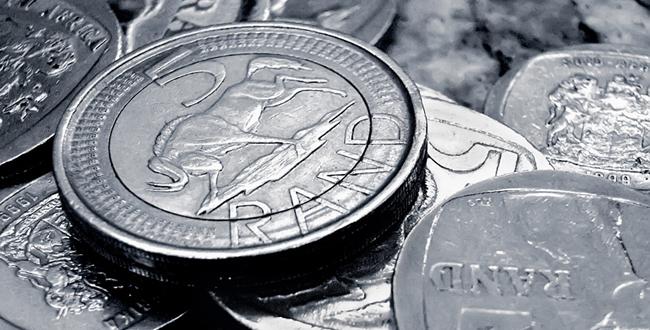
JOHANNESBURG — South Africa’s rand hit a two-week high yesterday as United States President Barack Obama won a second term in the White House, signalling a continuation of the economic policies of the world’s biggest economy.
Report by Reuters
The rand was at 8,605 to the dollar, 0,3% firmer than its close in New York on Tuesday.
After Obama defeated Republican opponent Mitt Romney in a close contest, the dollar weakened, supporting emerging market currencies such as the rand.
“The initial response has been for the markets to price in a continuation of what already exists, ie big government that needs to borrow large sums of money that in part will be funded through more dollar-debasing quantitative easing,” analysts at Tradition Analytics wrote.
The longer-term implications of Obama’s victory for the rand are not clear cut.
While it suggests a continuation of quantitative easing, which would bolster the rand, a gridlocked Congress could mean the so-called “fiscal cliff” will be difficult to avert.
“With mixed power in Washington, the chance of hitting the fiscal cliff has increased — rand negative,” Rand Merchant Bank analysts wrote.
- Chamisa under fire over US$120K donation
- Mavhunga puts DeMbare into Chibuku quarterfinals
- Pension funds bet on Cabora Bassa oilfields
- Councils defy govt fire tender directive
Keep Reading
“With Obama back in the seat, war with Iran and aggressive domestic spending cuts look less likely, while the probability of a second term for Bernanke and, therefore, more QE have increased — rand positive.”
Government bonds were steady, with the yield on the 2026 and 2015 instruments barely changed at 7,65% and 5,48% respectively.











